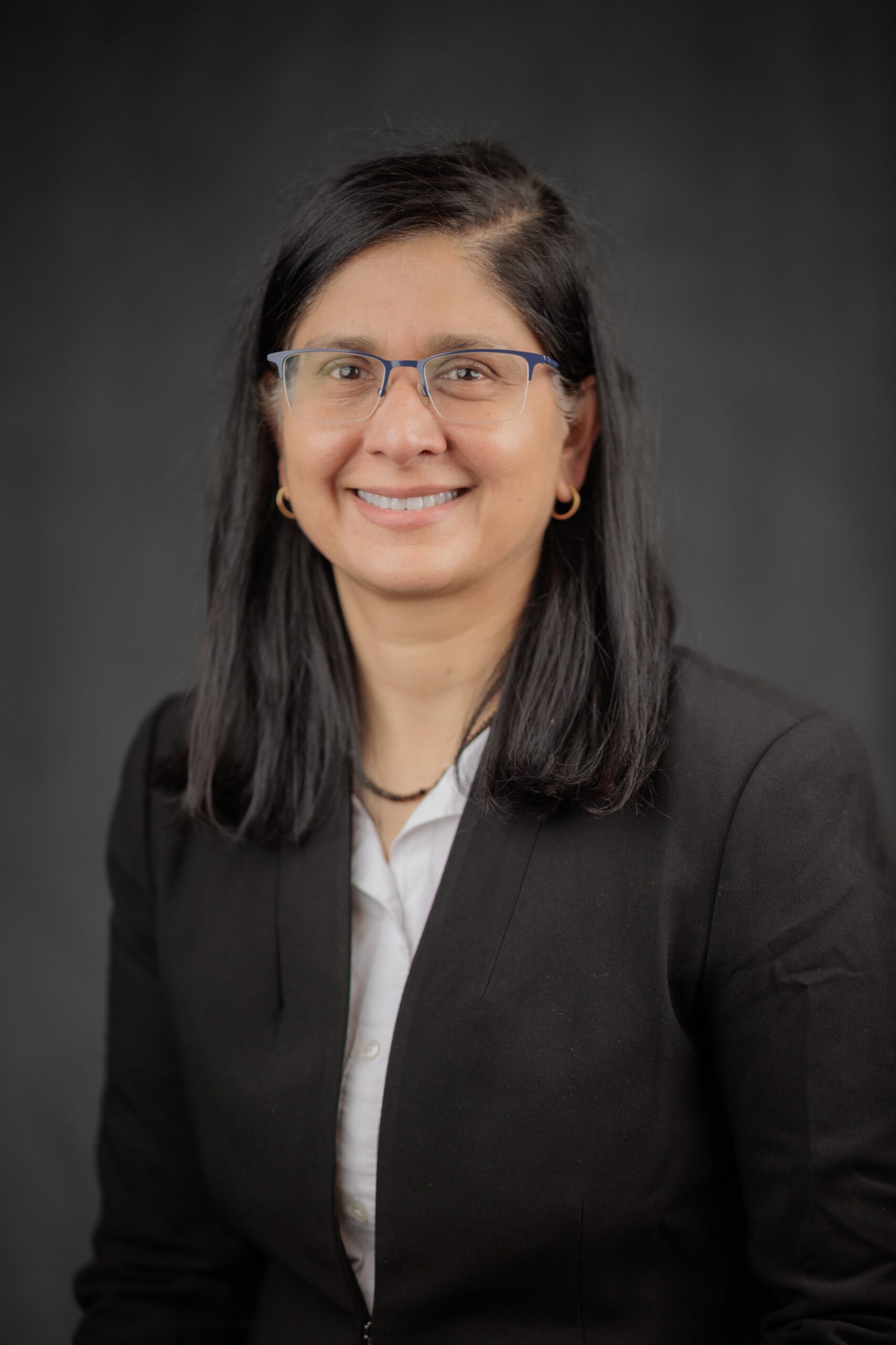
ECE Distinguished Seminar Series
Self-Powered Connected Sensor Systems for Health and Environment
This event is free and open to the publicAdd to Google Calendar

Abstract
Self-powered wearable sensor systems can not only increase adoption and compliance but also enable long-term and continuous monitoring of key health and environmental parameters. To achieve this, wearable devices must integrate a multimodal array of sensors that enable non-invasive, continuous, real-time monitoring, have a long operational lifetime to gather meaningful long-term data, and remain comfortable and flexible to ensure user adoption. The National Science Foundation-funded Center for Advanced Self-Powered Systems of Integrated Sensors and Technologies (ASSIST) is developing precisely such devices, capable of continuous monitoring of personal environments and health. These capabilities are made possible by breakthroughs in power management, low-power electronics, and innovative health and environmental sensors, all seamlessly integrated into wearable, comfortable form factors. In this talk, I will specifically focus on how advances in energy harvesting and sensor systems are making continuous monitoring a reality. Innovations in thermoelectric and piezoelectric harvesters, catalyzed by optimized system design and flexible materials, have enabled long-term operation of sensors for vigilant monitoring. Sensor advances in electronic-nose, optical imaging and human health are providing a complete multi-modal picture into human health and its relationship environment. I will also present the applications that these sensor systems are enabling such as long-term sensing and effective management of chronic conditions, sensing of personal exposure to air pollutants and toxins and longitudinal studies that provide new insight into correlation of various health and environmental parameters. I will also provide examples of translation of sensor systems and innovative education of the engineering pipeline enabled by the ecosystem associated with an NSF engineering research center.
Bio
Veena Misra is the Department Head of Electrical and Computer Engineering and the M.C. Dean Distinguished University Professor at North Carolina State University. She is also the co-director of the National Science Foundation Engineering Research Center on Advanced Self-Powered of Integrated Sensors and Technologies (ASSIST). She is a 2012 IEEE Fellow and served as a distinguished lecturer for IEEE Sensors. She received the B.S., M.S., and Ph.D. degrees in electrical engineering from North Carolina State University, Raleigh. After working at the Advanced Products Research and Development Laboratories, Motorola Inc., Austin, TX she joined the faculty of North Carolina State University in 1998. She has authored or coauthored over 250 papers. Dr. Misra was the recipient of the 2001 National Science Foundation Presidential Early CAREER Award, the 2011 Alcoa Distinguished Engineering Research Award, the 2007 Outstanding Alumni Research Award and the 2016 R.J. Reynolds Award. She also served as the general chair of the 2012 IEEE International Electron Device Meeting. In 2022, she received the Alexander Holladay Medal, the highest honor given to a faculty member at NC State. She has served as a member of the DARPA Microsystems Exploratory Council and is currently serving on the advisory committee of the NSF Directorate for Engineering.
 MENU
MENU 
